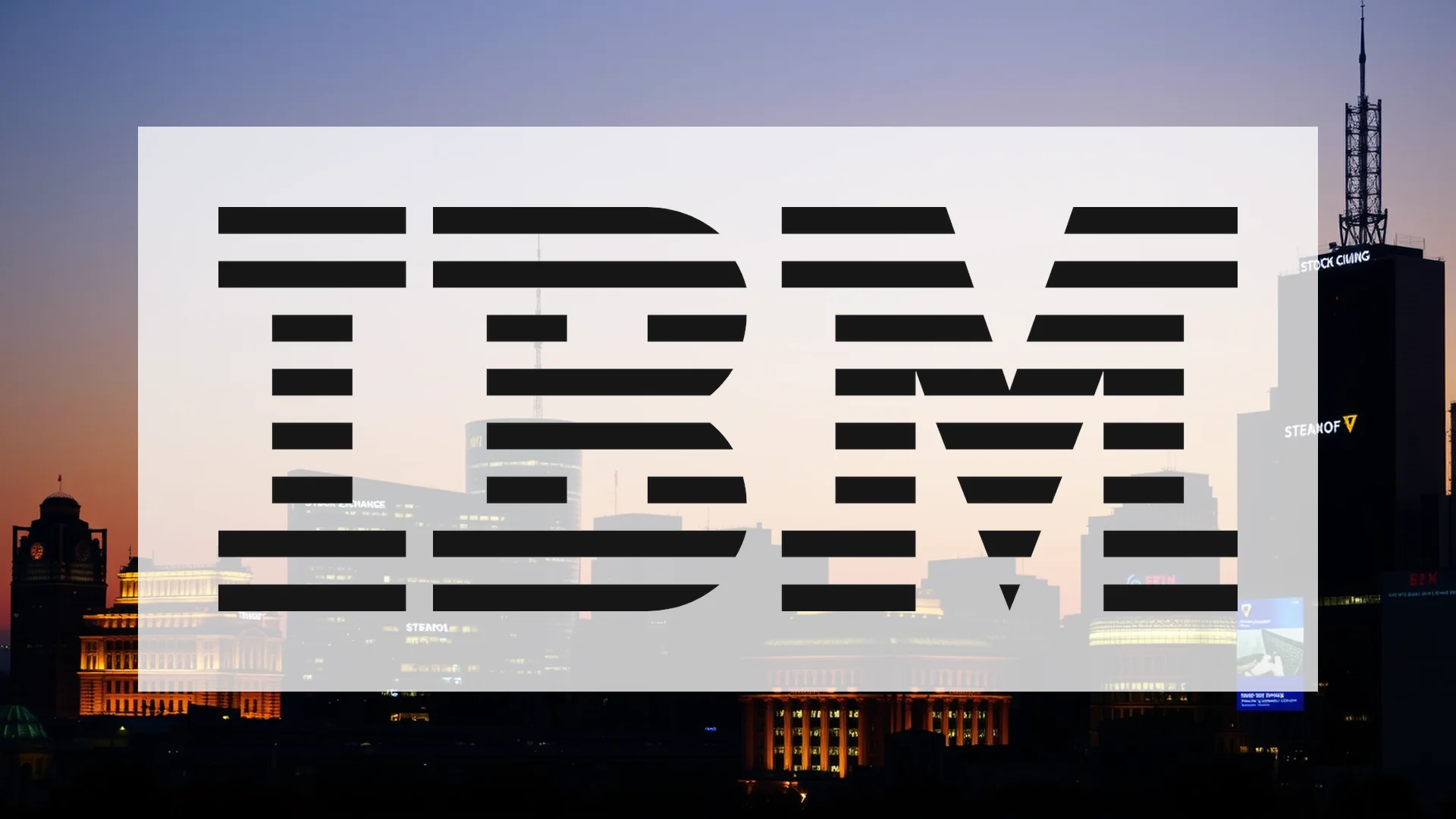UnitedHealth Group is navigating one of its most challenging periods in recent memory. The healthcare behemoth, once considered a dependable investment, is now confronting a severe profitability crisis and a significant erosion of investor confidence. As executives implement drastic measures, including terminating coverage for large numbers of customers, shareholders are left questioning whether this is a strategic turnaround or an admission of a failing business model.
Profitability in Sharp Decline
The core issue unsettling the market is a dramatic deterioration in the company’s financial health. The firm’s profitability is experiencing a severe contraction. The situation is particularly alarming within its Optum Health division, previously the corporation’s reliable growth engine. Margins in this segment have collapsed, falling from a solid 8.3 percent to a startling 1 percent.
The news is scarcely better in the core insurance operations, where margins were nearly cut in half during the third quarter. Against the backdrop of this profitability collapse, the fact that revenue also missed expectations appears almost secondary. Investors are struggling to find the robust cash flow that was once a hallmark of the company.
Leadership Turmoil Adds to Uncertainty
Compounding the financial distress is a climate of instability within the company’s leadership. Reports of a potential resignation by CEO Andrew Witty, coupled with ongoing legal proceedings related to the death of former executive Brian Thompson, are fostering an environment of uncertainty. This leadership question mark adds another layer of risk for those considering an investment.
Should investors sell immediately? Or is it worth buying Unitedhealth?
Radical Restructuring: A Controversial Strategy
In a bid to salvage its balance sheet, management is resorting to extreme measures. The company intends to discontinue coverage for nearly one million seniors enrolled in its Medicare Advantage programs. Chief Financial Officer Wayne DeVeydt has defended this move as a necessary step to restore the company’s former “swagger” and competitive edge.
However, this strategy is highly contentious. Market observers interpret the shedding of unprofitable customers not as a display of strength, but as a defensive emergency brake that highlights fundamental weaknesses in the current operational framework. Rather than pursuing growth through expansion, the conglomerate is attempting to “shrink to health”—a maneuver fraught with risk.
Analyst Sentiment Remains Cautious
Market experts at HSBC reaffirmed their cautious stance earlier today. While they modestly raised their price target to $280, they maintained an unambiguous “Reduce” rating on the stock. This assessment serves as a clear warning; the bank sees limited potential for a recovery despite the share price having already fallen substantially over recent months. Although some institutional investors are buying on the dip, the broader market sentiment remains deeply negative due to these persistent operational challenges.
With the stock down approximately 45% since the start of the year, UnitedHealth has already forfeited a significant portion of investor trust. The critical unknown is whether the severe cost-cutting and reduction of its customer base will be sufficient to restore margins to a healthy level. Until that becomes clear, the path forward for the company’s shares is likely to remain rocky.
Ad
Unitedhealth Stock: Buy or Sell?! New Unitedhealth Analysis from February 8 delivers the answer:
The latest Unitedhealth figures speak for themselves: Urgent action needed for Unitedhealth investors. Is it worth buying or should you sell? Find out what to do now in the current free analysis from February 8.
Unitedhealth: Buy or sell? Read more here...










